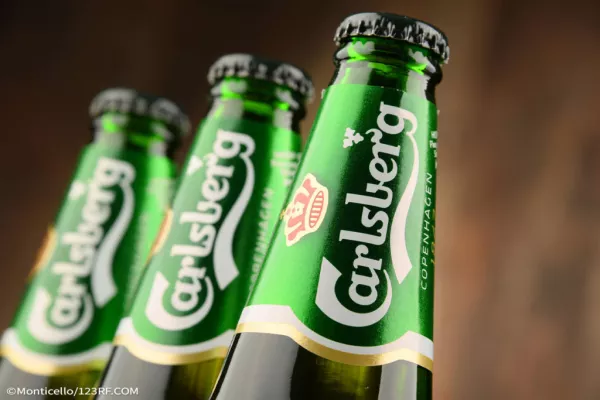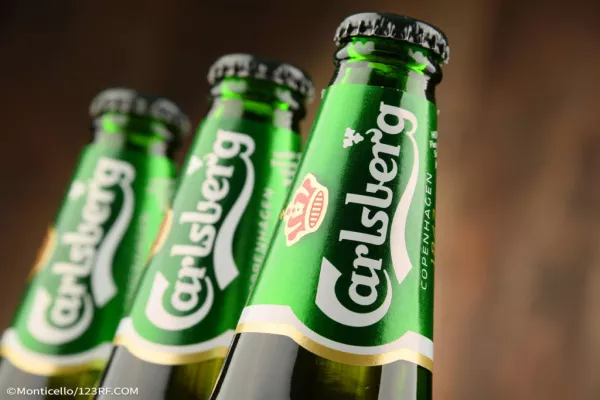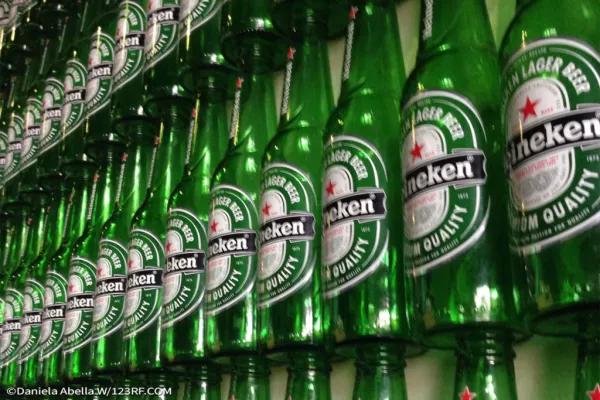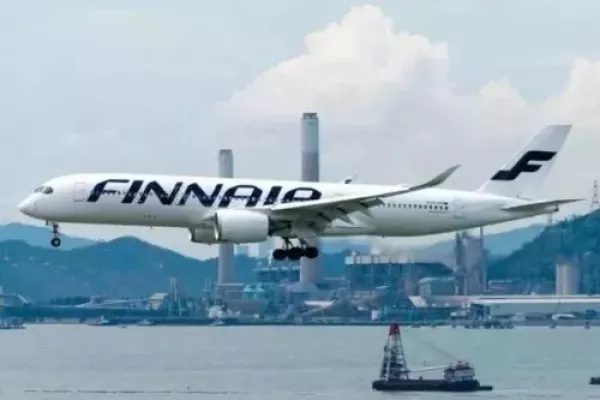Jitters about everything from the risk of terrorism to Britain’s membership of the European Union are battering London luxury hotels as the world’s wealthiest travellers stay away.
The city’s priciest hotels were only 65 per cent occupied in the three months through March, according to data provider STR. That was the lowest for a first quarter since a global recession roiled the market in 2009 and down from 70 per cent a year earlier. London’s top hotels include the Savoy and the recently reopened Lanesborough, where the Royal Suite with a complementary chauffeured Rolls-Royce costs about £25,000 per night.
While demand for cheaper accommodation is falling too, luxury hotels are hardest hit because wealthy travelers and corporate clients are proving more sensitive to the political turmoil. The terrorist attacks in Brussels and Paris, the risk that the UK may vote to leave the EU and an economic slump in Russia have all contributed to the market’s deterioration, along with the uncertain outcome of the US election.
"A lot of source markets are under pressure due to issues outside of London hoteliers’ control," said Andreas Scriven, a hotel consultant at Christie & Co. More wealthy Russians are vacationing at home and Americans travel less during election years, he said.
Security Concerns
Bob van den Oord, managing director at the Langham hotel on Regent Street, attributes its weaker-than-expected performance to security concerns in Europe. "There’s anxiety out there about terrorism," he said. Rooms at the hotel start at 300 pounds per night.
There’s an excess of supply in the luxury segment, Scriven said. That’s after a new InterContinental hotel near the O2 Arena in north Greenwich and the refurbished Lanesborough hotel in the Knightsbridge district added more than 540 rooms in the past year.
Uncertainty ahead of the UK referendum on June 23 is causing business travellers to postpone investments, according to Russell Kett, chairman of hotel consultancy HVS’s London office. The UK had its worst quarter for deals since 2010, according to data compiled by Bloomberg. First-quarter M&A spending on and by companies in the country was down 39 percent from a year earlier, and the slowdown is poised to continue until June.
The drop in occupancy is hurting luxury hotels’ income, pushing revenue per available room down by 6.5 per cent to the lowest for a first quarter in three years, according to STR. However, average daily room rates have held up because hoteliers would rather lose business than start a downward pricing spiral.
Fewer Russians
Russia’s elite are spending more time in their own country, as a weak ruble hurts their spending power and President Vladimir Putin urges Russians to travel within the country and support the ailing economy. U.K. visas granted to Russians fell 38 per cent last year.
"The decline in Russian visitors is just one of the issues facing London’s luxury hotels, Kett said. "If you add it all together, it becomes an issue."
Nrws by Bloomberg, edited by Hospitality Ireland









